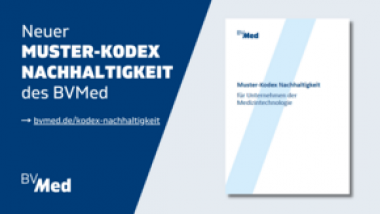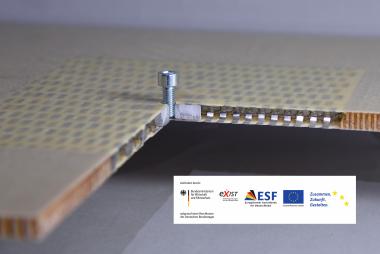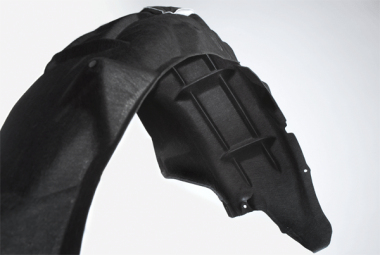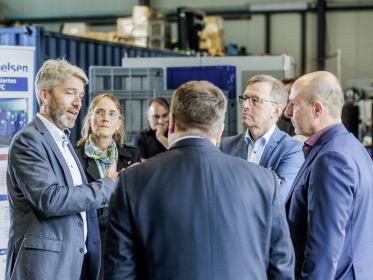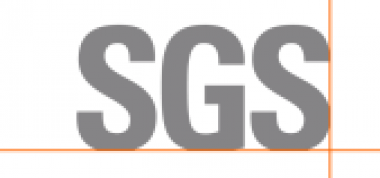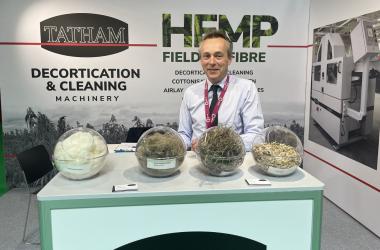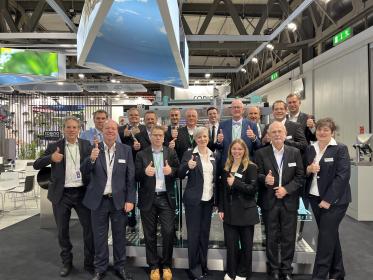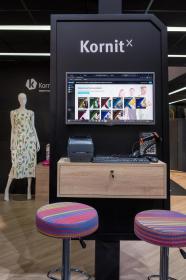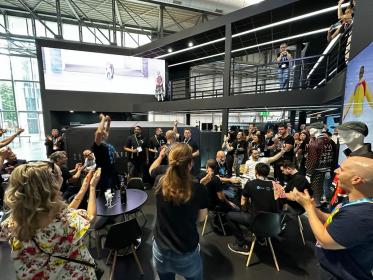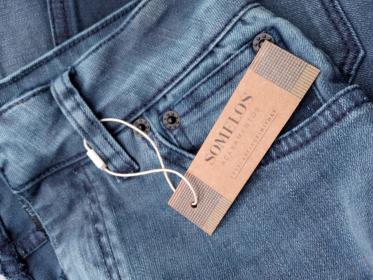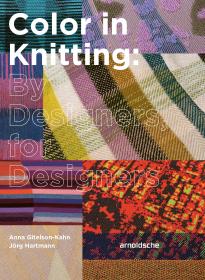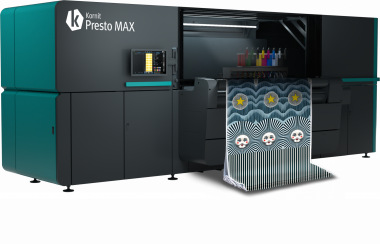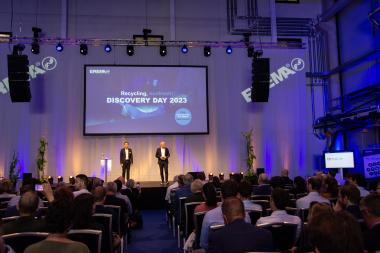BVMed: Muster-Kodex Nachhaltigkeit für MedTech-Unternehmen
Der Bundesverband Medizintechnologie (BVMed) hat für seine Branche einen Muster-Kodex Nachhaltigkeit veröffentlicht, der die wesentlichen Aspekte für nachhaltiges Handeln von Medizintechnik-Unternehmen zusammenfasst.
Mit diesem Muster-Kodex möchte der BVMed zu einem einheitlichen Branchenstandard beitragen. Er bietet MedTech-Unternehmen Orientierung in Nachhaltigkeitsfragen sowie die Möglichkeit, gegenüber Geschäftspartnern das eigene Nachhaltigkeitsverständnis zu verdeutlichen. Dabei geht der Muster-Kodex auf die drei Säulen der Nachhaltigkeit (sozial, ökologisch, ökonomisch) ein, bildet das dort geltende Recht ab und legt es einheitlich aus.
Übersicht der Inhalte des Muster-Kodex:
- Soziale Nachhaltigkeit: Einhaltung von Arbeitsschutzpflichten, Förderung von Diversität und Inklusion, Diskriminierungsfreiheit, Zahlung eines angemessenen und gleichen Arbeitslohns, Koalitionsfreiheit sowie Verbot der Sklaverei, Zwangs- und Kinderarbeit.
- Ökologische Nachhaltigkeit: Ressourcenschonung, Reduktion der CO2-Emissionen, Abfallreduktion und Recycling sowie Vermeidung von Umweltverschmutzung.
- Ökonomische Nachhaltigkeit und Governance: Verantwortungsvolle Unternehmensführung und Strategie sowie nachhaltige und transparente Lieferketten.
Der Muster-Kodex kann freiwillig von allen Unternehmen der Medizintechnologie für sich übernommen und um individuelle Selbsterklärungen erweitert werden.
Zur Umsetzung des Muster-Kodex Nachhaltigkeit gibt der BVMed drei Grundprinzipien vor:
- Egalitätsprinzip
Gewährung eines unterschiedslosen Zugangs zu Medizinprodukten und damit verbundenen Gesundheitsleistungen. In Bezug auf Arbeitsbedingungen sollen vergleichbare Sachverhalte nicht ohne triftigen Grund ungleich behandelt werden. - Vorrangprinzip
Vorrang einer schonenden Verwendung von Ressourcen (Reduce – Reuse – Recycle) und der Einrichtung und Befolgung effizienter Prozesse. - Vorsorgeprinzip
Ergreifen von präventiven Maßnahmen, um negative ökologische und soziale Auswirkungen der wirtschaftlichen Tätigkeit zu vermeiden oder möglichst gering zu halten.
„Geschäftspartner:innen, Krankenhäuser und andere Stakeholder verlangen zunehmend von den Medizintechnik-Herstellern weitreichende Verpflichtungserklärungen zur Einhaltung des Lieferkettensorgfaltspflichtengesetzes. Mit unserem Muster-Kodex Nachhaltigkeit können die Unternehmen ihr soziales, ökologisches und ökonomisches Nachhaltigkeitsverständnis erklären“, so BVMed-Geschäftsführer und Vorstandsmitglied Dr. Marc-Pierre Möll. Der neue Muster-Kodex wurde vom BVMed gemeinsam mit der Anwaltskanzlei Clifford Chance entwickelt und durch das Bundeskartellamt geprüft. Er kann unter www.bvmed.de/kodex-nachhaltigkeit heruntergeladen werden.
Bereits 2022 gab das BVMed-Institut eine Nachhaltigkeitsstudie zur Bestimmung des sozialen, ökologischen und ökonomischen Fußabdrucks der MedTech-Branche in Auftrag. Die „SEE-Impact-Study der deutschen MedTech-Branche“ des WiFOR-Instituts setzte die Grundlage für eine umfassende Nachhaltigkeitsmessung der Lieferkette und damit einen neuen wissenschaftlichen Standard. Die Studie kann unter bvmed.de/branchenstudien eingesehen werden.
BVMed | Bundesverband Medizintechnologie e.V.


